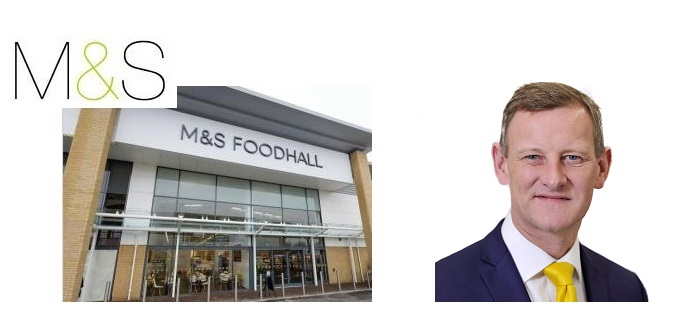Marks & Spencer has reported a 0.9% fall in like-for-like (LFL) food sales for the 13 weeks to July 2, despite claiming to have continued to “strongly outperform” a deflationary food market.
The company’s “outperform” comment is based on its reporting of a 4% rise in overall food sales, a figure which stands in sharp contrast to the LFL position which discounts the effect of new stores that have opened during the year.
“We strongly outperformed the food market and continue to leverage our volume growth to reinvest in price,” said M&S chief executive, Steve Rowe, adding that more than half (0.5%) of LFL food sales decline was due to the time of Easter this year.
He also said that the company’s new “Simply Food” stores were continuing to perform “ahead of our expectations”.
The food division figures will come some way down the list, however, in today’s general reporting of the 13-week performance. This is because the company has also reported a LFL decline of 8.9% in clothing and home sales.
“As highlighted in May, consumer confidence weakened in the run up to the EU referendum,” said Mr Rowe (pictured above). “While it is too early to quantify the implications of Brexit, we are confident that our strategic priorities and the actions we are taking remain the right ones to deliver results for our customers and our business.”
M&S is a 100% supplier of British pork, bacon and sausages, according to the latest Porkwatch figures, and a 99% supplier of British ham.




